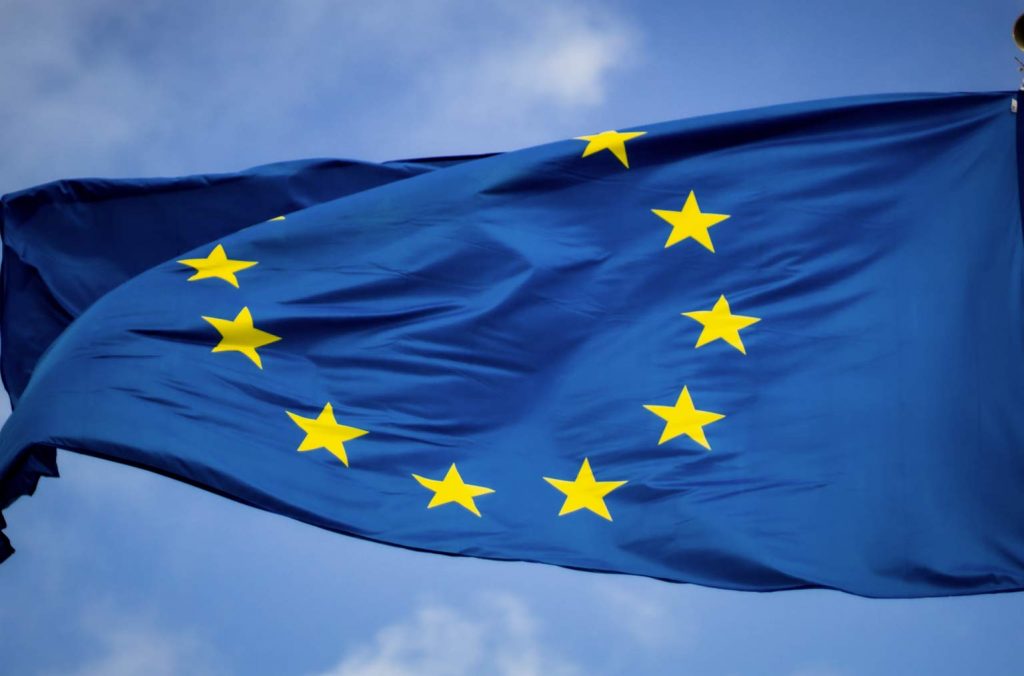
Daily Brief – All in (except Macron?)
All in (except Macron?)
The results of the European Parliamentary elections have hit the Euro hard. Key crosses including EUR/GBP and EUR/CHF as well as the barometer of EUR/USD all trade lower, reflecting a weaker Euro. A greater than expected rise of populist voting habits across the continent has increased perceived political risk within Europe. The election results come at a vulnerable time for Europe. It has embarked upon its monetary policy easing cycle, still battling stagnant growth and residual inflation, whilst also facing the foreign policy disaster created by the ongoing war in Ukraine. In an environment of strong US growth and high US cash deposit rates, even with the United States’ own political risks created by the presidential election race, it is still very hard to justify holding much else other than USD within investors’ cash reserves.
The decision by President Macron to hold a snap election shows him betting the house in the face of adversity. Macron’s own position is not at risk per se as regardless of the outcomes of the June and July parliamentary election rounds, he will remain President. However, his ability to govern could be further limited should the National Rally (formerly National Front) party achieve a decisive win. Macron you could argue is playing a game of chicken with his own electorate. The European Parliamentary election result showed France expressing its dissatisfaction with the mainstream parties in general but in particular Macron’s ruling Renaissance Party.
If Macron hadn’t called a snap election following the European elections, the Euro would still be weaker today. However, the risk of the French elections is being expressed within the local bond and equity markets and also presenting a residual risk to the Euro through intra Eurozone credit spreads. You could bet that had the election not been called, this week we would be discussing the risk to French governance as a result of the weakening position of the President. Macron’s move will be read by his supporters as a bold move to call the bluff of the French voters. They will also note that if the gambit fails and Marine Le Pen’s National Rally secures a majority in the new parliament, the President may be giving himself three years for the French public to experience a populist far right prime minister and government to see how they like the taste. It is a high stakes and decidedly French approach to political governance. For Euro buyers, it is one that has pushed GBPEUR to fresh 1-year highs.
Discussion and Analysis by Charles Porter

Related Insights

Daily Brief – Now that’s what I call Tariffs
Now that’s what I call Tariffs The title of this briefing is an homage to that (n)ever-popular publication of CDs (formerly vinyl) that seemed to be everywhere when I was growing up. Containing the ‘best’ hits of a particular year, you never seemed to be far from a ‘now that’s what I call’ CD (or […]

Daily Brief – Holding on
Holding on With less than a 10% probability of a cut priced into the Reserve Bank of Australia’s (RBA) latest monetary policy decision, it is unsurprising markets open today to news of a hold. The RBA adopted a lower peak rate of benchmark interest than the likes of the UK and USA with lower inflationary […]

Daily Brief – What is the Mar-a-Lago Accord, and should markets care?
What is the Mar-a-Lago Accord, and should markets care? At heart, the Mar-a-Lago Accord is a proposal for President Trump to weaken the US Dollar. As we know, Trump’s typical deregulatory and risk-inducing persuasion would, all other things equal, increase demand for the US Dollar. As far as the relationship between perceived risk and the […]


